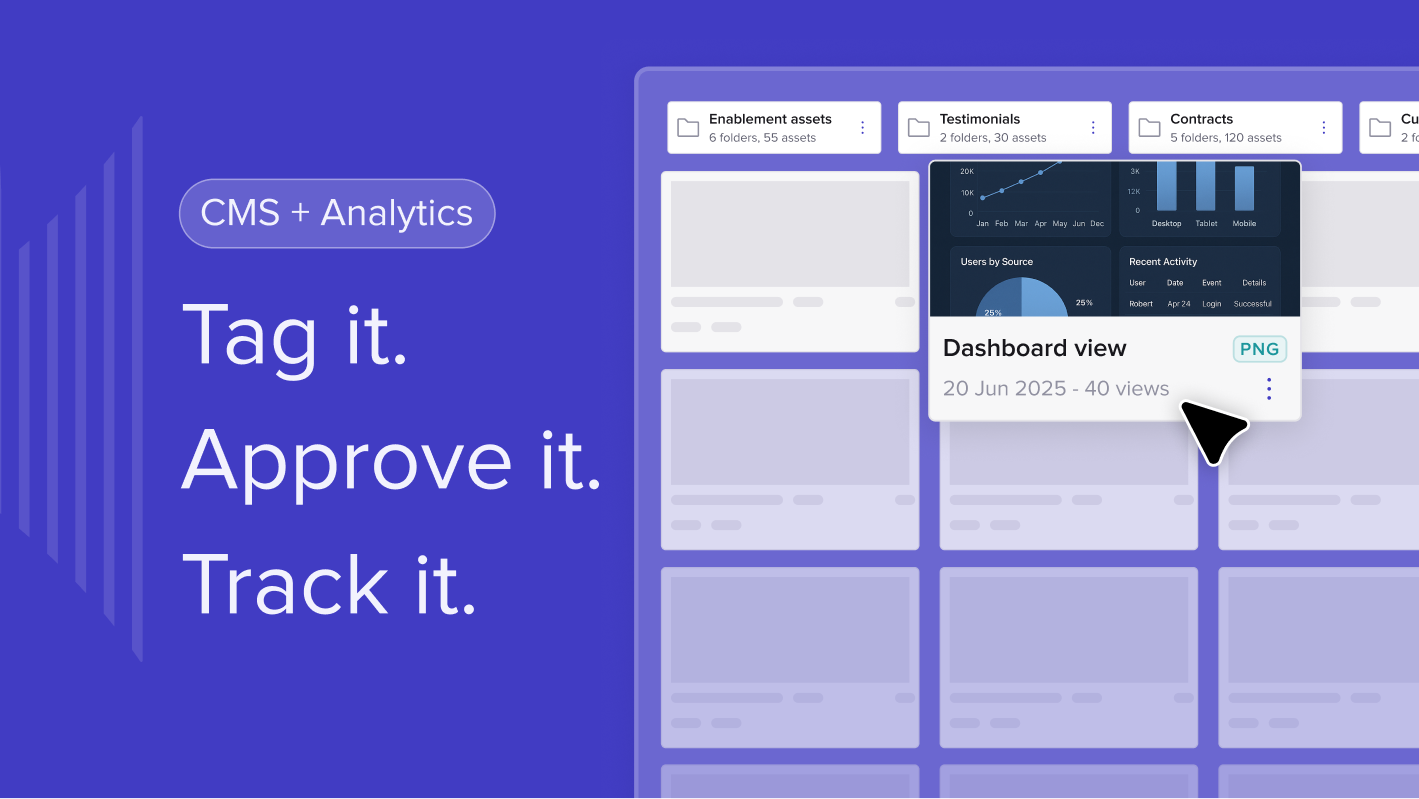Key takeaways
- Discovery calls are a key moment to build trust, understand pain points, and qualify leads.
- Open-ended questions drive better insights and deeper conversations.
- Aim for 11–14 questions per call and prioritise listening over pitching.
- Use tools like trumpet + Typeform to gather insights pre/post call and centralise in your Pod.
- Bonus: See the FAQ section below for long-tail discovery call guidance.
What is a discovery call?
A discovery call is often your first live interaction with a prospect, a golden opportunity to gather information, build rapport, and assess if the lead is a good fit.
But it's not just about qualifying a lead. Done right, discovery helps you:
- Understand your prospect’s top priorities
- Learn what’s broken in their current setup
- Identify your solution’s most relevant value
- Uncover the decision-making process and timeline
- Set the tone for trust, transparency, and long-term collaboration
What Should I Ask on a discovery Call?
Here is a list of 12 questions each SDR should ask on a discovery call to maximise the chance of a future conversion.
1. "Talk to me about your business."
The best sales discovery questions are open-ended. They offer your prospect the chance to talk about what matters most to them - on their terms.
A classic opener but use wisely.
Don’t ask this without first demonstrating you’ve done your homework.
Do give a quick overview of what you know, then let the prospect build on it.
This sets the tone for a two-way conversation, not a cold pitch.
2. "What issues does your company need to solve?"
You might think this question is overly general. However, like the previous sales discovery question, it uses an open-ended format to encourage prospects to talk freely.
While having a rough structure for your sales discovery call is a good idea, leaving enough space is important. Listening is an essential skill for an SDR.
This encourages your prospect to speak freely. You'll uncover:
- Current challenges
- Gaps in existing solutions
- Opportunities for impact
The best SDRs know that listening is a superpower.
3. "Have you tried a similar solution before?"
This opens the door to goldmine insights like:
- What worked and what didn’t
- Pricing benchmarks
- Frustrations with current or past providers
- Expectations you’ll need to meet (or beat)
You should notice a pattern here:open-ended questions with lots of listening on your part. You can have the best product or service, but if you can’t make connections you’ll struggle to hit your sales goals.
4. "What are your goals right now?"
This helps you understand both tactical needs and long-term vision.
Bonus: You can tailor your response and share customer examples or case studies that reflect similar goals.
5. "What KPIs or metrics are you responsible for?"
Forget job titles KPIs reveal priorities.
- If they say “churn rate” → Position retention benefits.
- If it’s “pipeline velocity” → Talk about faster close rates.
Concrete metrics = clear value alignment.
6. “If you didn’t buy this… what’s your plan?”
This tells you:
- How urgent the problem really is
- If your prospect is actively in-market
- Whether they’re exploring competitors
It’s also a smooth way to uncover timelines and potential blockers.
7. "How soon are you looking to implement a solution?"
Timing is everything.
Ready to move = top priority
Longer timeline = nurture opportunity
Ask now so you can qualify properly and align your follow-up cadence.
8. "Whose budget would this come from?"
Use sparingly and only once you’ve built rapport.
If handled well, it can help you:
- Understand department dynamics
- Uncover other internal stakeholders
- Map the buying committee
9. "What would change at your company if you solved this?"
This gets the prospect to imagine a better future with your solution at the centre.
It’s a powerful question that:
- Surfaces deeper pain points
- Reveals ideal outcomes
- Builds emotional connection
10. "What’s your process for getting deals over the line?"
This is a roadmap to the finish line.
You’ll learn:
- How decisions are made
- Who needs to be involved
- What typical deal blockers look like
11. "Are there any roadblocks you foresee?"
Instead of waiting for objections later handle them now.
Common roadblocks include:
- Procurement
- Legal
- Budget approvals
- Internal alignment
12. “Is there anything I can share to help move this forward?”
This shows you’re a partner, not just a rep.
Suggestions could include:
- A case study
- A feature comparison
- A personalised Pod or pricing breakdown
Position yourself as a guide, not a pusher.
Pro-Tip
At trumpet we have a killer integration with Typeform, meaning you can embed any pre/post demo questions directly into your trumpet Pod and get your prospect to answer them. The information you gather can be vital for closing the deal, and quickly.
See trumpet in action
Get under the hood of G2's leading Digital Sales Room and explore some of our features without having to speak to any salesperson!

.svg)
.svg)
.svg)
.svg)
.svg)
.svg)
.svg)
.svg)
.svg)
.png)
.svg)
.svg)
.svg)
.svg)

.svg)
.svg)
%201.svg)
.svg)
%201.svg)



.svg)



















![How to Get Started with Buyer Enablement [With Examples]](https://cdn.prod.website-files.com/65cf4fecbed2754c2236665d/65cf4fecbed2754c22366bdb_65a5af83e742f76e34ce06f3_Customer%2520Onboarding%2520_%2520Everything%2520you%2520need%2520(2).png)
.png)



.png)



.png)












.png)


.png)


.png)
.png)







